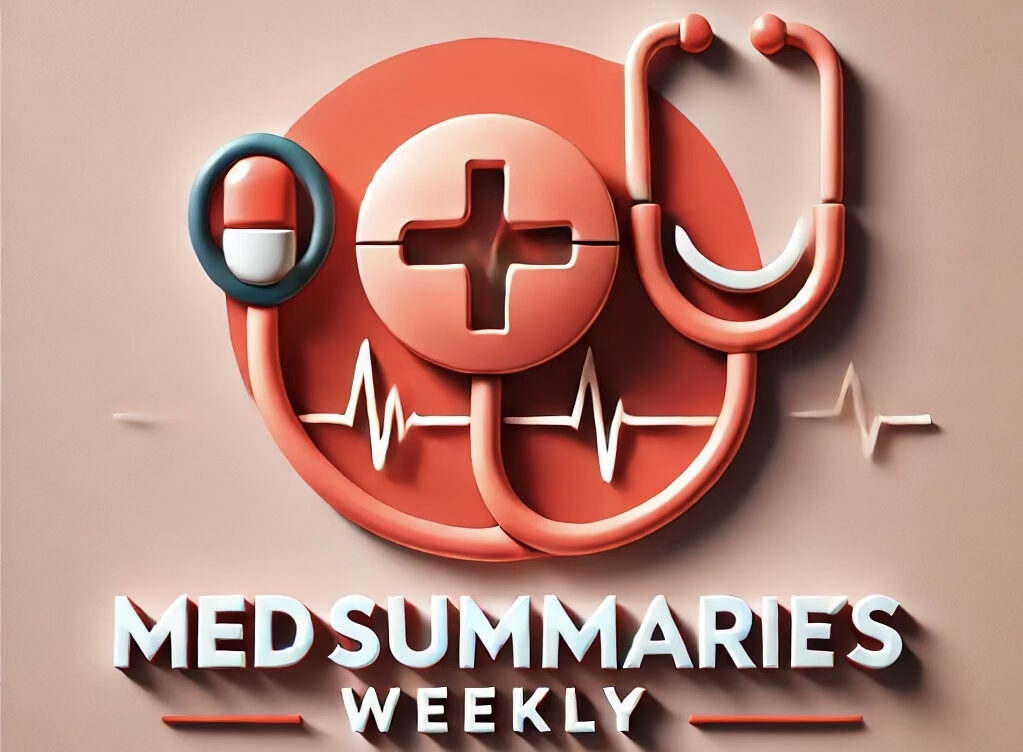Case Summary
A 67-year-old man with hypertension, obesity, obstructive sleep apnea, and NYHA class II stage C heart failure is admitted for acute decompensated heart failure. He undergoes successful treatment with intravenous diuretics and is planned for discharge with SGLT2 inhibitor and instructions to resume his oral diuretic regimen. He expresses interest in a healthier diet and lifestyle and inquires about a low-sodium diet.
Low-Sodium Diet Recommendation
The American Heart Association (AHA), American College of Cardiology (ACC), and Department of Health and Human Services advise a daily intake of less than 2300 mg of sodium. High sodium intake is associated with hypertension and heart failure, and a low-sodium, high-potassium diet is linked to up to a 40% reduction in cardiovascular risk. The patient's heart failure and recent hospitalization provide further impetus for recommending sodium restriction. Although evidence for extreme sodium restriction preventing heart failure-specific outcomes is mixed, decades of epidemiologic research show cardiovascular benefits of low-sodium diets.
Chang, L. L., DesJardin, J. T., Albert, M. A., Ezekowitz, J., & Yusuf, S. (2023). Dietary Sodium Restriction in Patients with Heart Failure. New England Journal of Medicine, 388(17), 1621-1623.
